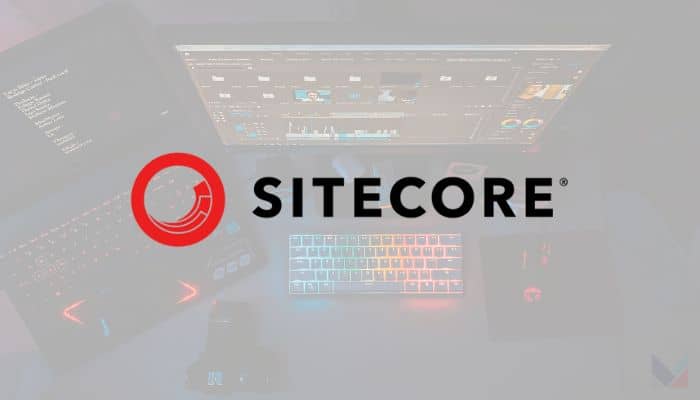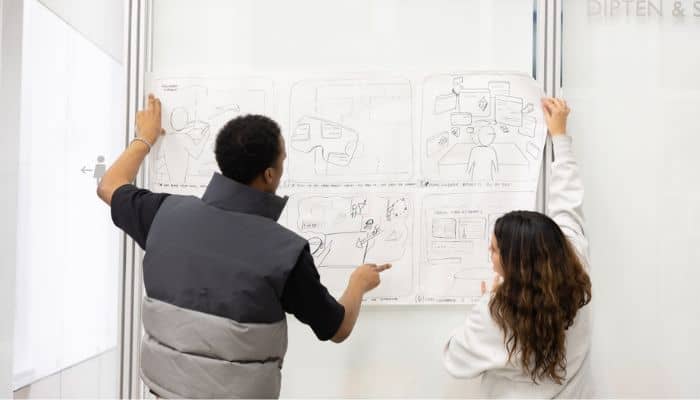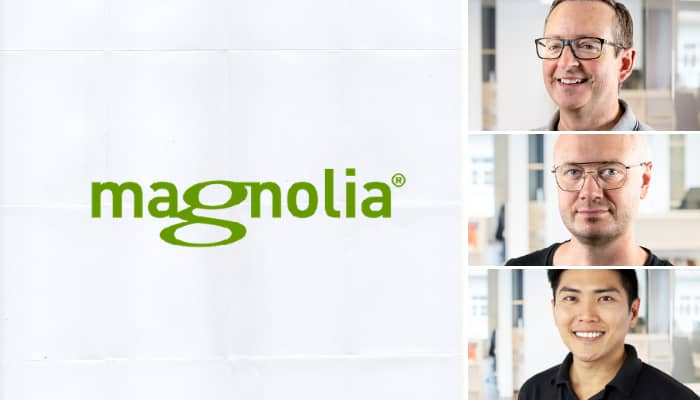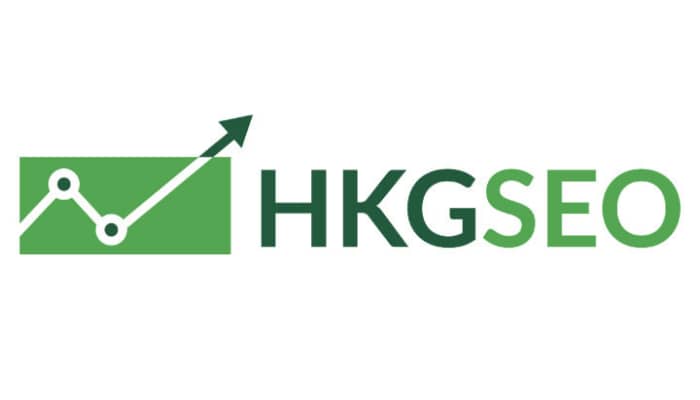Indonesia – Broadsign, a developer of out-of-home (OOH) advertising technology, has partnered with the OOH media company City Vision to give global media buyers easier access to premium programmatic DOOH ads.
The partnership integrates City Vision’s extensive digital screen network into the Broadsign supply-side platform (SSP), allowing global media buyers to access premium programmatic DOOH inventory in Indonesia through over 35 connected demand-side platforms (DSPs).
City Vision will also utilise the Broadsign content management system (CMS) to manage most of its network, ensuring a seamless and consistent user experience across its screens.
City Vision is in the process of migrating its remaining assets to the Broadsign CMS, a move that aligns with its broader strategy to unify systems and expand its reach beyond Greater Jakarta to other major cities across Indonesia.
“With its inventory now on the Broadsign SSP, advertisers can now programmatically purchase ad space on City Vision Screens on an impression basis, aligning with the buying methods used across major digital platforms like Meta, Google, and TikTok,” commented Veronica Ong, sales director at Broadsign SEA.
“This new programmatic approach brings greater flexibility and efficiency to City Vision’s inventory, allowing advertisers to dynamically update their campaigns in real-time and deliver relevant messaging at the right moment. City Vision can now enable advertisers to engage Indonesian audiences in a way that is more impactful and measurable,” Ong added.
City Vision’s partnership with Broadsign supports its mission to lead Indonesia’s OOH industry by delivering meaningful, inspiring campaigns. With over 2,000 media assets nationwide, City Vision is known for its end-to-end DOOH solutions, combining strategic planning, creative execution, and data-driven insights through audience profiling, brand recall studies, and digital retargeting.
David Sommer, head of strategy at City Vision, said, “City Vision provides a unique, full-service approach across the DOOH value chain. From strategy and creative execution to data analytics and campaign measurement, we’re committed to creating captivating and measurable advertising experiences.”
“Our work with Broadsign is not only helping to transform the DOOH landscape in Indonesia but also expanding opportunities for international brands seeking impactful engagement with audiences in the region. The Broadsign SSP has connected us with the most significant DSPs, making it easy for international advertisers to access our digital assets; partnership is a pivotal step in reimagining how advertisers reach audiences in Indonesia,” Sommer added.










